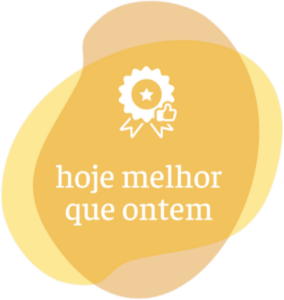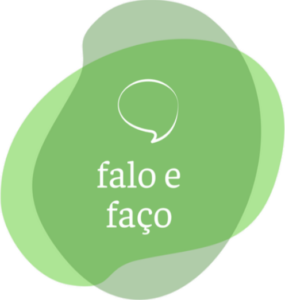CONTEXT
Of all the water available on the planet, 97.5% is salty and only 2.5% is fresh. Of this last portion, 99.7% is found in polar ice caps and deep groundwater that is difficult to access, while only 0.3% is found in rivers and shallow groundwater. Of this small portion of fresh water available for consumption in the world, 14% is found in Brazil. However, of this amount, 73% is available in the Amazon region, inhabited by less than 5% of the population. The southeastern region, which is home to 43% of the population, has only 6% of this total.
In July 2010, the United Nations General Assembly officially recognized access to safe drinking water and sanitation as essential human rights for the full enjoyment of life. The decision highlights the importance of equitable access as a component of the realization of other rights.
Today, the world lives an alarming picture in sanitation: 2.5 billion people lack basic sanitation and 780 million people lack access to safe drinking water (UN, 2014). In Brazil the number is 35 million without access to drinking water and more than 100 million without access to sewage collection.
Diseases caused by drinking contaminated water, such as diarrhea, cholera, meningitis, hepatitis A and E, typhoid fever, and dysentery kill five million people a year – 10x more than wars. It is estimated that 60% of infant mortality has this same origin.
Added to this extremely worrying scenario of neglect and lack of water governance, we live in a crucial moment in history, when countries are discussing agreements on how to deal with climate change, which has caused major changes in rainfall and water availability in various parts of the world, with serious consequences, especially for the poorest populations.
In 2015, one in three municipalities declared a state of emergency due to drought, mostly in the Northeast region of Brazil. Greater São Paulo has come very close to a collapse in the water supply for its 20 million inhabitants.
Thus, we live a picture of water stress, population with lack of access to quality water, no comprehensive sanitation, diseases related to these deficiencies silently killing people, climate change, water crisis in several regions of the world and according to UN forecasts, the global demand for water may exceed the annual available resources by 44% by 2050.
How can you look at this scenario and not have any attitude? Water is Life, and each drop is a reflection of the attitudes of each one of us.
MISSION EP
Through our services and products, we contribute to finding solutions for some of the main challenges of our times: the scarcity of our natural resources and the preservation of the planet. The EP Group seeks to improve the quality of people’s lives by reducing environmental impact through its 360° solution, i.e. providing equipment, technologies and services for water and wastewater treatment, environmental analysis, and chemical solutions.
VIEW
To bring to the market innovative and customized solutions for water and wastewater, soil, and waste treatment, through equipment, products, services, and chemical analysis of high technology, quality, and excellence in service.
Our Values




Passion for Learning
It is being a protagonist, curious to learn new skills, knowledge and areas. Also, seek to share this knowledge with the team.
Today Better Than Yesterday
To think constantly about improving products, services, and processes.
Know and follow procedures and make sure that others do as well.
Talk and Do
He delivers what he promises with integrity, is coherent between his speech and his attitudes. Punctuality, time management with productivity.
I Wear the Shirt
It’s about going beyond what is expected, exceeding expectations, not limiting yourself to solving problems in your area but helping other departments in other projects.

